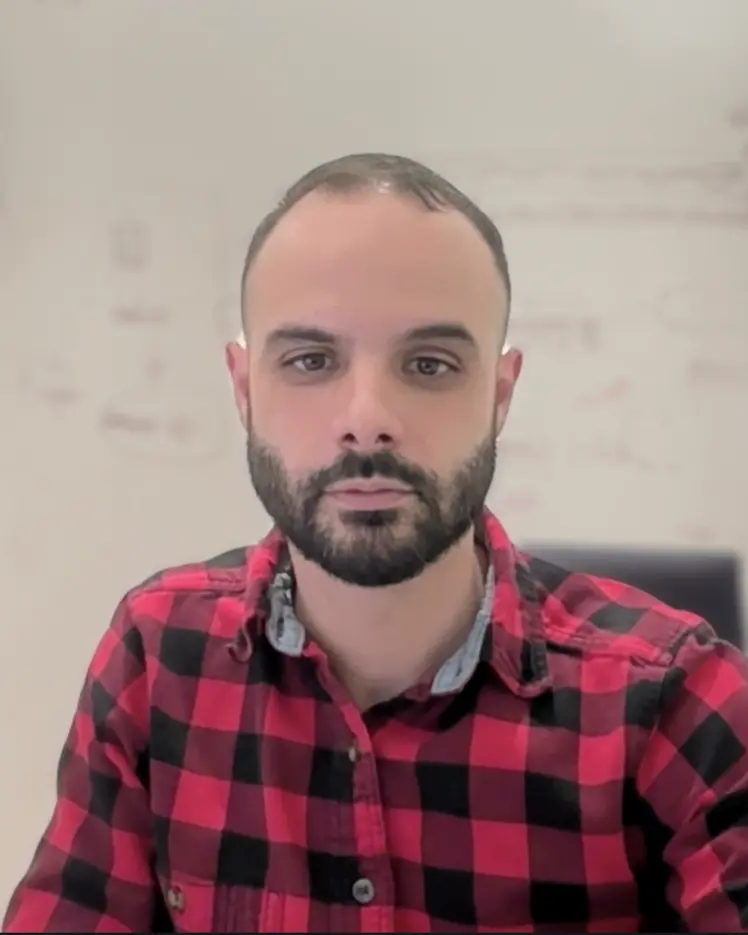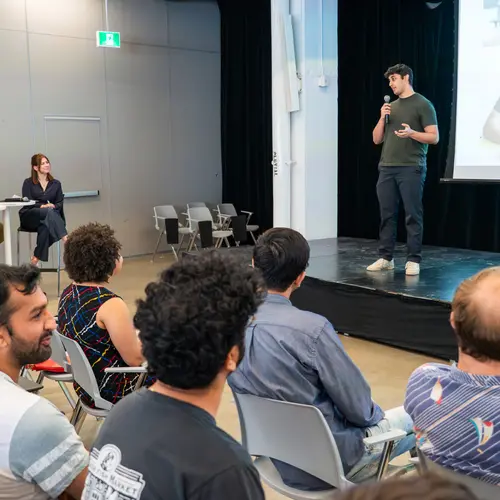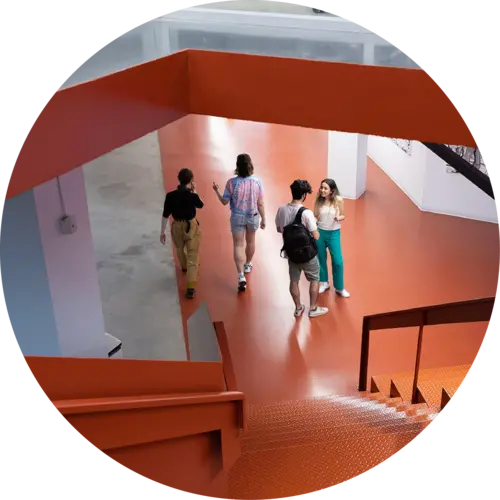
David Vázquez
Membre industriel associé
Professeur associé, Polytechnique Montréal
ServiceNow
Sujets de recherche
Apprentissage de représentations
Apprentissage multimodal
Apprentissage profond
Grands modèles de langage (LLM)
IA conversationnelle
Modèles génératifs
Vision par ordinateur


